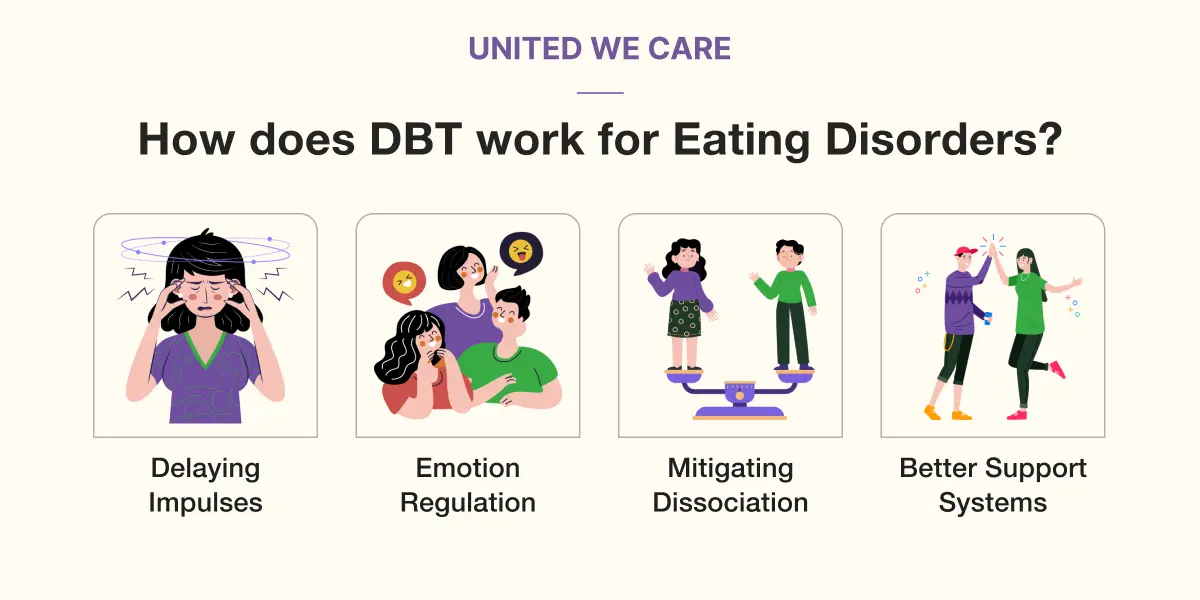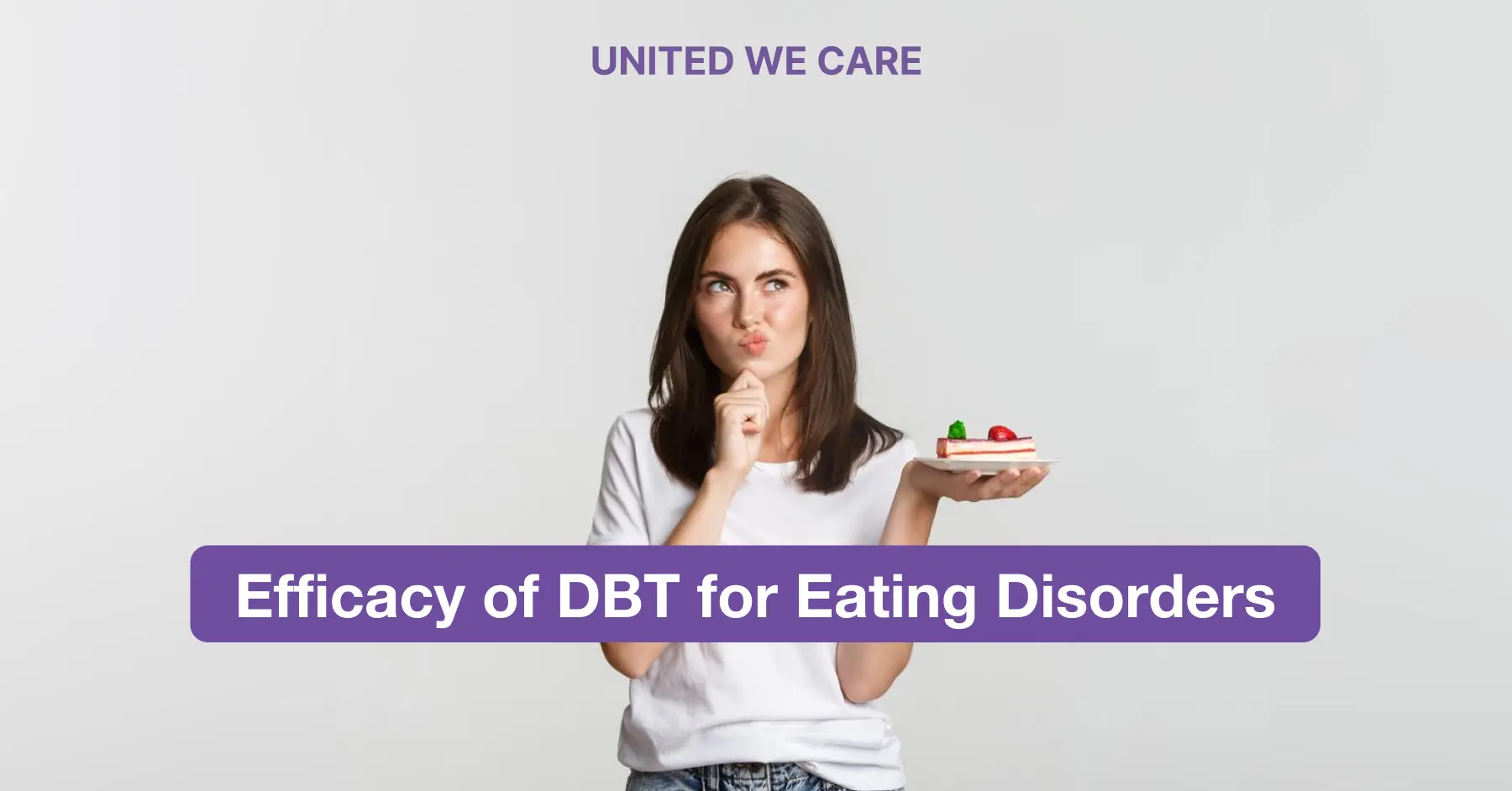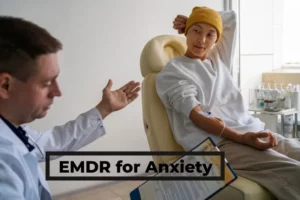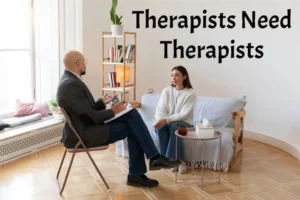Introduction
Dialectical Behavioral Therapy, better known as DBT, is a popular treatment approach for several psychological conditions. Many mental health professionals have even tried it for the treatment of eating disorders such as Bulimia, Anorexia, and Binge-Eating Disorder.
Nevertheless, one can’t help but wonder how effective it is as a treatment for these conditions. After all, the more commonly known conditions that warrant the use of DBT are personality disorders like BPD.
So, how much efficacy does DBT have in the treatment of eating disorders? This article will explore just that.
DBT Therapy for Eating Disorders
DBT is an evidence-based treatment that is essentially a kind of talk therapy and can be used for eating disorders. It is a type of cognitive behavioral therapy, which means that it attempts to change a person’s behavior by changing how they think.
The term dialectical implies that it focuses on helping the individual think logically and accept their true reality. This type of therapy is designed for individuals who experience very intense emotions.
Now, eating disorders may, on the surface, seem like they are just about a person’s relationship with food. However, it goes much deeper than that, as these conditions often involve issues like low self-esteem, body image issues, and affect dysregulation.
Therefore, DBT can be an excellent treatment approach for eating disorders. Read on to learn more about the efficacy of DBT for eating disorders.
How does DBT work for Eating Disorders?
In this section, we’re going to describe in more detail how DBT can work in the treatment of eating disorders. The following are four specific ways in which this works.
Delaying Impulses
Firstly, DBT teaches an individual how to build a level of tolerance for discomfort and negative feelings. Instead of acting on such feelings instantly, one learns to delay their impulsive behavior.
Consequently, for a person suffering from an eating disorder, this could be delaying gratification for binge-eating or purging. Instead of giving into old patterns, the individual develops a skill of sitting with their discomfort.
Emotion Regulation
Naturally, one isn’t just expected to feel distressed and helpless. DBT also focuses on developing skills and tools for a person to regulate their feelings. Clients learn how to process their feelings when an intense or negative emotion takes over.
Hence, the tendency to binge-eat, purge, or avoid eating is better understood through the triggers. Eventually, clients get trained in how to handle their emotions in healthier ways.
Mitigating Dissociation
For most eating disorders, there is a significant level of disconnection from the body. Sometimes, this manifests as an inability to sense when full, numbing of the hunger drive, forced purging and indigestion, or even body dysmorphia.
One of the core skills of DBT is mindfulness. By being mindful, individuals are gradually taught how to reconnect with their bodies. Obviously, this can have a positive impact on individuals with eating disorders.
Better Support Systems
Additionally, another core DBT skill is interpersonal effectiveness. The client and therapist work together to identify bottlenecks, challenges, and solutions in maintaining healthy relationships.
Needless to say, this can enrich a person’s support system by making relationships more meaningful and authentic. As a result, the person has a better chance of fighting their eating disorder.
Why DBT is Good for Eating Disorders?
Now that we have discussed some specific ways in which DBT is used for eating disorders, let’s explore further. Is this really an effective treatment approach? Are there any pros and cons?

Working on Deeper Issues
One big advantage of using DBT for eating disorders is that it shifts the focus from the undesired behavior to the root of the problem. Often, people with eating disorders struggle with chronic shame about their pathology. This can, at times, make it hard for them to get help.
DBT, on the other hand, is more concerned about the individual’s deeper issues, which often stem from unresolved feelings or trauma. DBT is also a behavioral therapy, so it has a practical aspect to it.
Developing Trust in Self
A lot of the practices involved in DBT allow a person to build self-reliance, self-esteem, and self-assurance. With these new ways of thinking, feeling, and behaving, one can develop a deeper sense of trust in the self.
DBT combines both rational thinking and emotional regulation, making it easier for a person to integrate all sides of themselves. Expectedly, this leads to greater well-being and quality of life.
Further Research Needed
Clearly, the impact of DBT on the treatment of eating disorders is promising. Nevertheless, it is important to note that adequate research hasn’t been done to establish its efficacy. Therefore, more thorough studies need to be conducted to confirm these effects. Until then, DBT remains a novel and innovative approach to deal with this highly prevalent mental health concern.
Where to Get the Best DBT Therapy for Eating Disorders?
One must remember that DBT may seem accessible and simplistic, but it is a clinical procedure that must be performed by a licensed professional. It is not advisable to try it without the assistance of an expert, preferably with sufficient work experience.
At United We Care, you will find a wide range of information and contact details of such professionals. You can take your time and carefully pick out a professional that works for you.
Furthermore, you can even discuss with your chosen professional the efficacy of DBT for eating disorders and how appropriate treatment is for you. Perhaps you might agree on an eclectic approach and proceed with your informed consent.
Conclusion
Eating disorders such as bulimia nervosa, anorexia, and binge eating can be treated using DBPT. DBT, or Dialectical Behavioral Therapy, is a specific type of cognitive therapy that focuses on developing four core skills. These are mindfulness, emotional regulation, interpersonal effectiveness, and distress tolerance.
Each of these core DBT skills can be useful in the context of eating disorders. While the research for this treatment approach is promising, further studies need to be conducted to establish efficacy.
References
[1] Linehan, M.M. and Chen, E.Y., 2005. Dialectical behavior therapy for eating disorders. Encyclopedia of cognitive behavior therapy, pp.168-171.
[2] Bankoff, S.M., Karpel, M.G., Forbes, H.E. and Pantalone, D.W., 2012. A systematic review of dialectical behavior therapy for the treatment of eating disorders. Eating disorders, 20(3), pp.196-215.
[3] Reilly, E.E., Orloff, N.C., Luo, T., Berner, L.A., Brown, T.A., Claudat, K., Kaye, W.H. and Anderson, L.K., 2020. Dialectical behavioral therapy for the treatment of adolescent eating disorders: a review of existing work and proposed future directions. Eating disorders, 28(2), pp.122-141.










